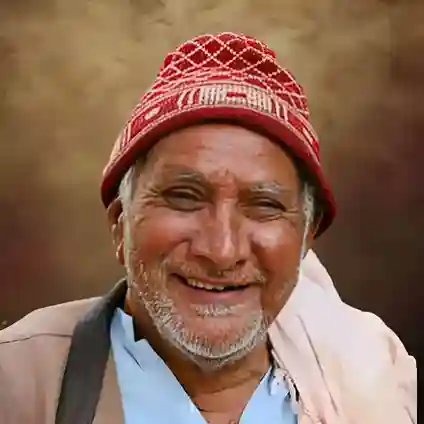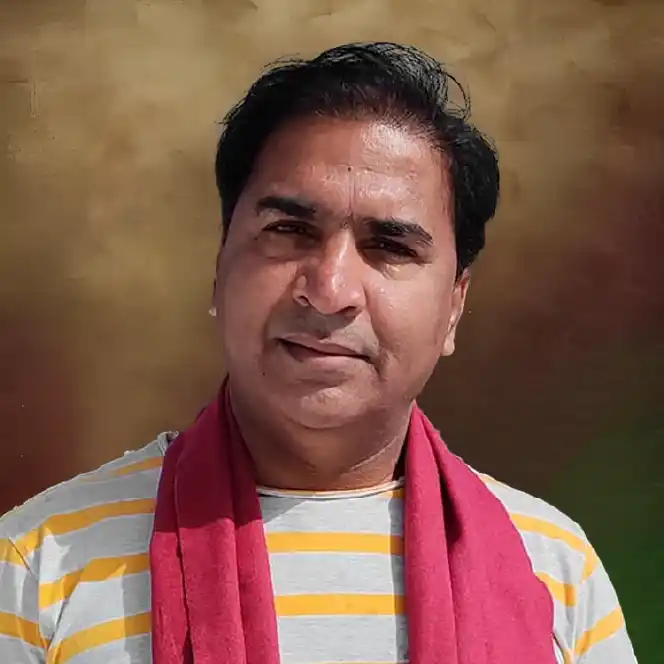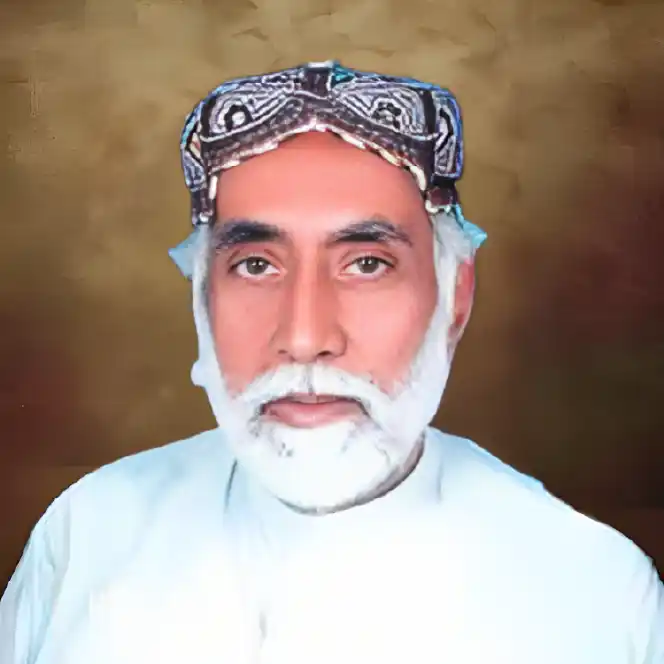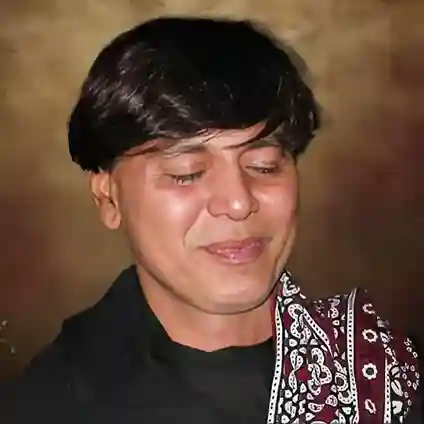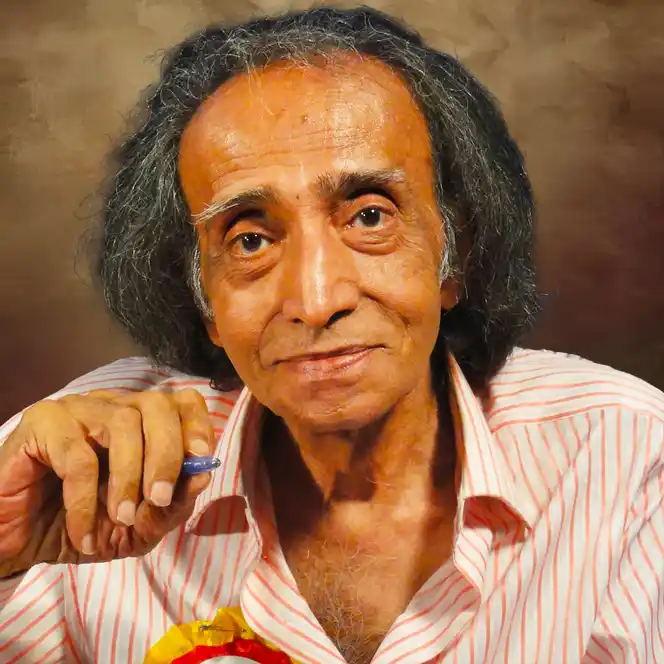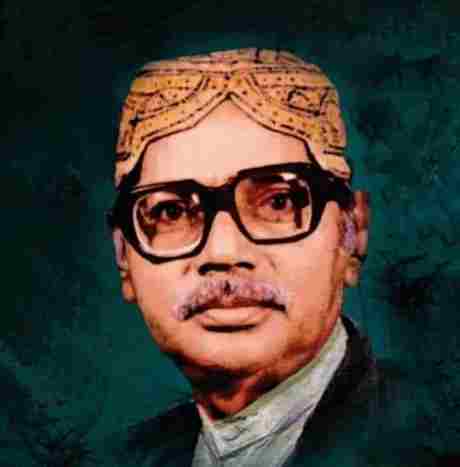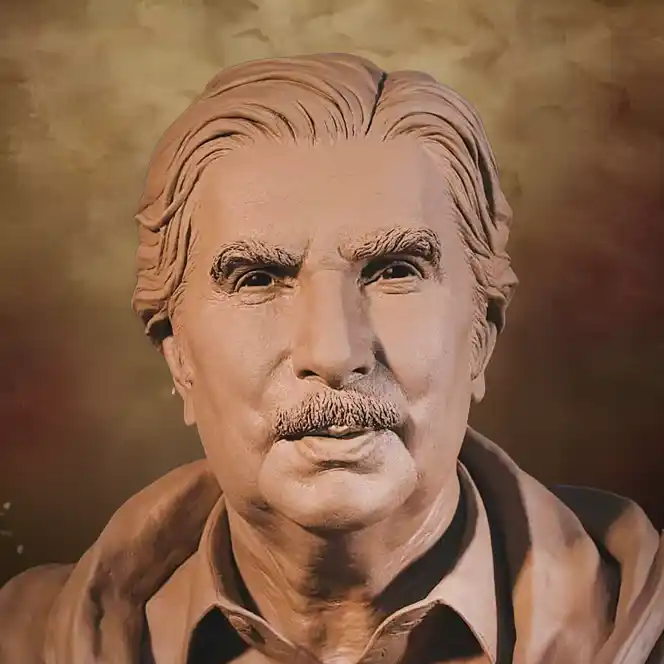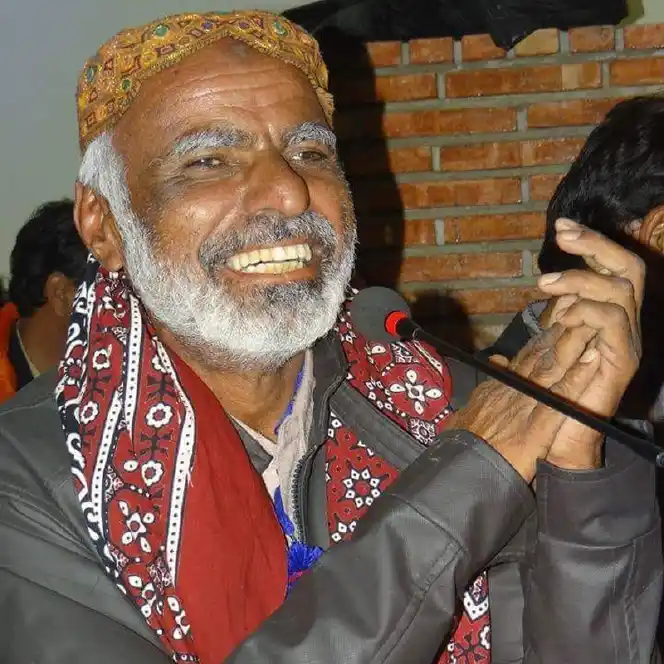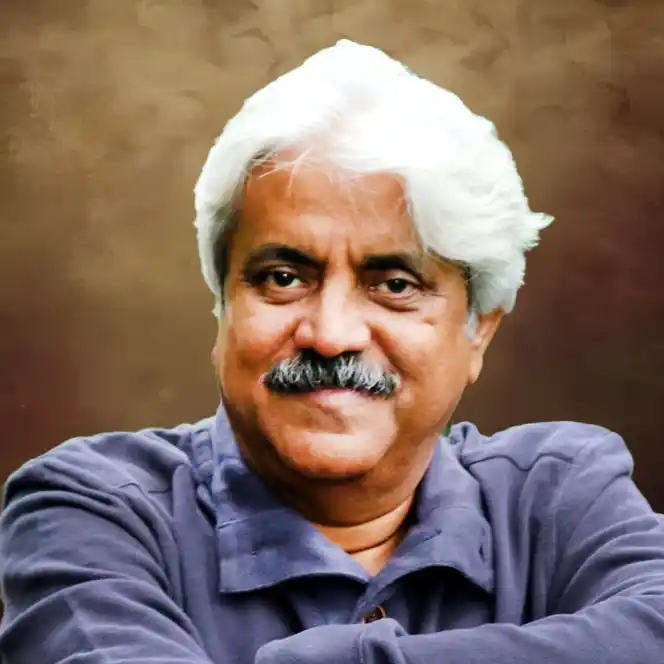Muhammad Juman Darbadar, known as Juman Darbadar, was born on May 12, 1944, in Rohalwa, a village in Umarkot district, Pakistan. His early education began at Umarkot Primary School. Later, his father established a school in their village, where Juman completed his initial grades. He continued his education at Sabhi Middle School up to the eighth grade and studied at his father's madrasa, Aziz Sabhi, where he shared a classroom with Abdul Wahid Arisar, a prominent nationalist intellectual and politician.
Juman completed his matriculation in 1962 and later pursued a Budder and field assistant course in horticulture in Mirpurkhas. This qualification led him to work as a field assistant in several locations, including Jati, Sajawal, Baran Farm, Ghulam Nabi Shah, Dhori Nari, and Khar, starting in 1970.
Exposure to Activism
While studying in Umarkot, Juman was influenced by nationalist and socialist ideas through his teacher, Khadim Hussain Shar, and his friendship with Abdul Wahid Arisar. This exposure inspired him to join Sindh's national movement.
Multifaceted Career
Juman Darbadar was a polymath, excelling as a poet, playwright, actor, artist, and singer. While studying at the Agricultural College in Sukran, he became involved in theater, participating as an actor, singer, and director in numerous plays, including Badnasib Thiri, Sweet Sun, Flower Girl, and Tho Lulu. He also wrote plays such as Aas, Sakanwaro Suj, and Torro Ashiq.
Poetry and Politics
Juman's activism and poetry were deeply intertwined. As a member of the Jeay Sindh Mahaz and later the Jeay Sindh Qomi Mahaz, he used his art to advocate for Sindhi nationalism and social justice. His poem Wathi Har Har Janam Warbo became an anthem for resistance and was frequently recited by G.M. Syed. The poem is now inscribed on the door of G.M. Syed's mausoleum.
His poetry gained widespread acclaim and was sung by artists like Shafi Faqir, Sadiq Faqir, and Sarmad Sindhi. In 1987, Juman participated in the Shah Latif International Conference in Delhi, where his performance was broadcast by All India Radio.
Legacy and Tributes
Juman Darbadar's life was a blend of artistic expression and political activism. His revolutionary poetry, artistic talent, and contributions to Sindhi literature and culture have cemented his place as an icon in Sindh's history.
He passed away on October 20, 2022, due to a heart attack in his native village, Rohalwa, Umarkot district. His death was widely mourned, with tributes pouring in from politicians, poets, and activists who recognized his significant contributions. Juman Darbadar's legacy continues to inspire future generations.
